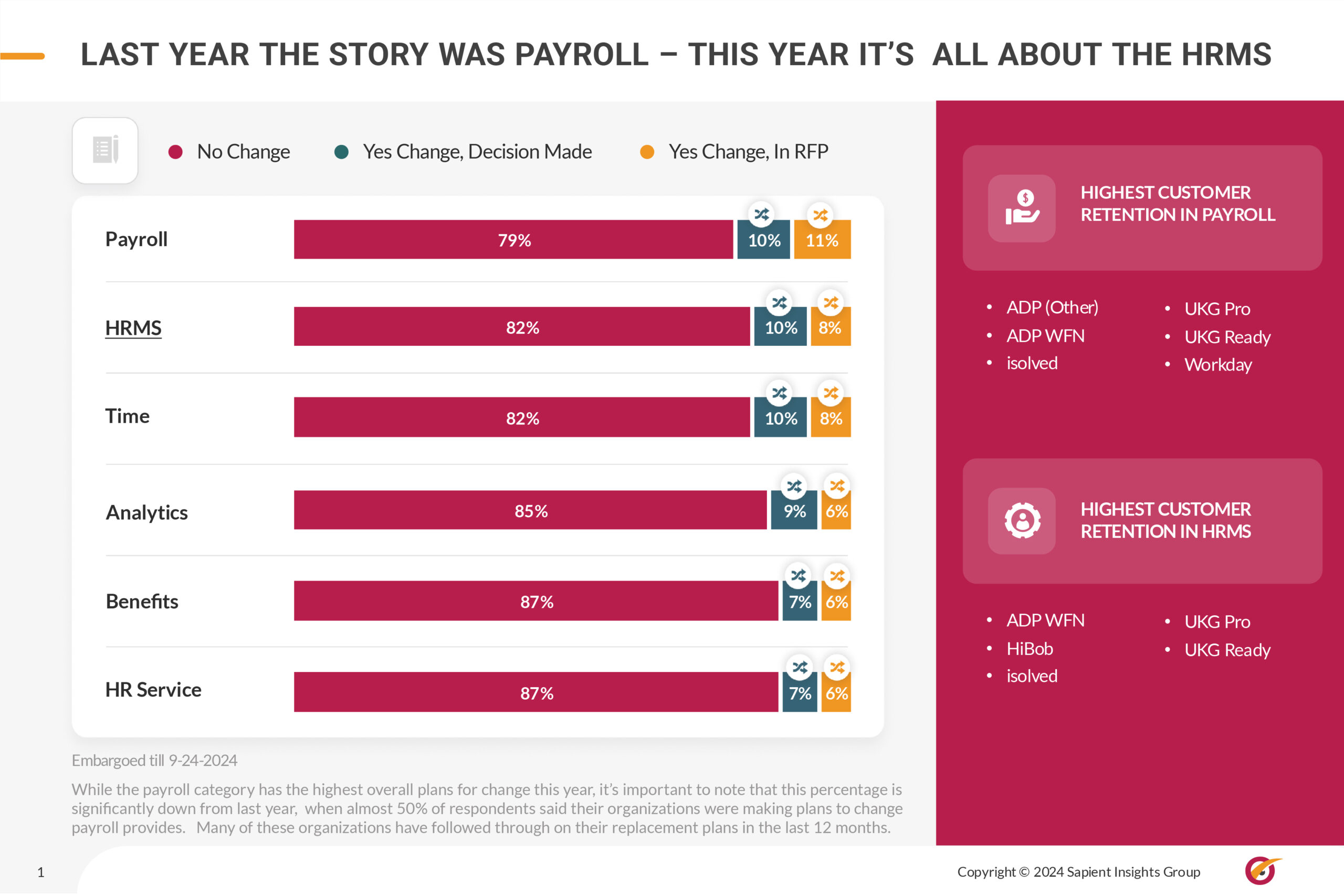How flexible work strategies can benefit both employer and employees
- Josephine Tan

More working parents in the UK, particularly fathers, are seeking the option to work flexibly, and would turn down employment opportunities that do not offer flexible work arrangements.
To promote the career development of employees who are parents and to improve organisational productivity, organisations should consistently provide childcare and flexible working arrangements to their employees, said a new study by London’s Queen Mary University.
However, the study also revealed that line managers who granted the flexibility to their employees did not feel entitled to use it themselves due to intense workloads, and more must be done to support line managers to lead flexible and hybrid work teams effectively.
To achieve a family-friendly work environment, the study made several recommendations, including employers supporting parents’ requests for flexibility to challenge assumptions about family and work life, improve workplace inclusion and equality, and normalise flexibility in organisational culture. The study also highlighted the need for managers to lead by example and prioritise specific training on managing a remote and hybrid workforce to empower their employees.
READ: How employees can succeed in a hybrid workplace
Dr Maria Adamson, Senior Lecturer in Organisational Studies at Queen Mary’s School of Business and Management and Co-Director of its Centre for Research in Equality and Diversity, said, “We found that simply offering flexible working hours is not the best solution for employee well-being, particularly when they have managerial responsibilities and/or children at home; the key is how that flexibility is administered.”
“By building on these [pandemic] lessons, like focusing on effective workload management and strategic prioritisation, employers can ensure that flexible work benefits both organisations and employees as well as improving gender equality.”






